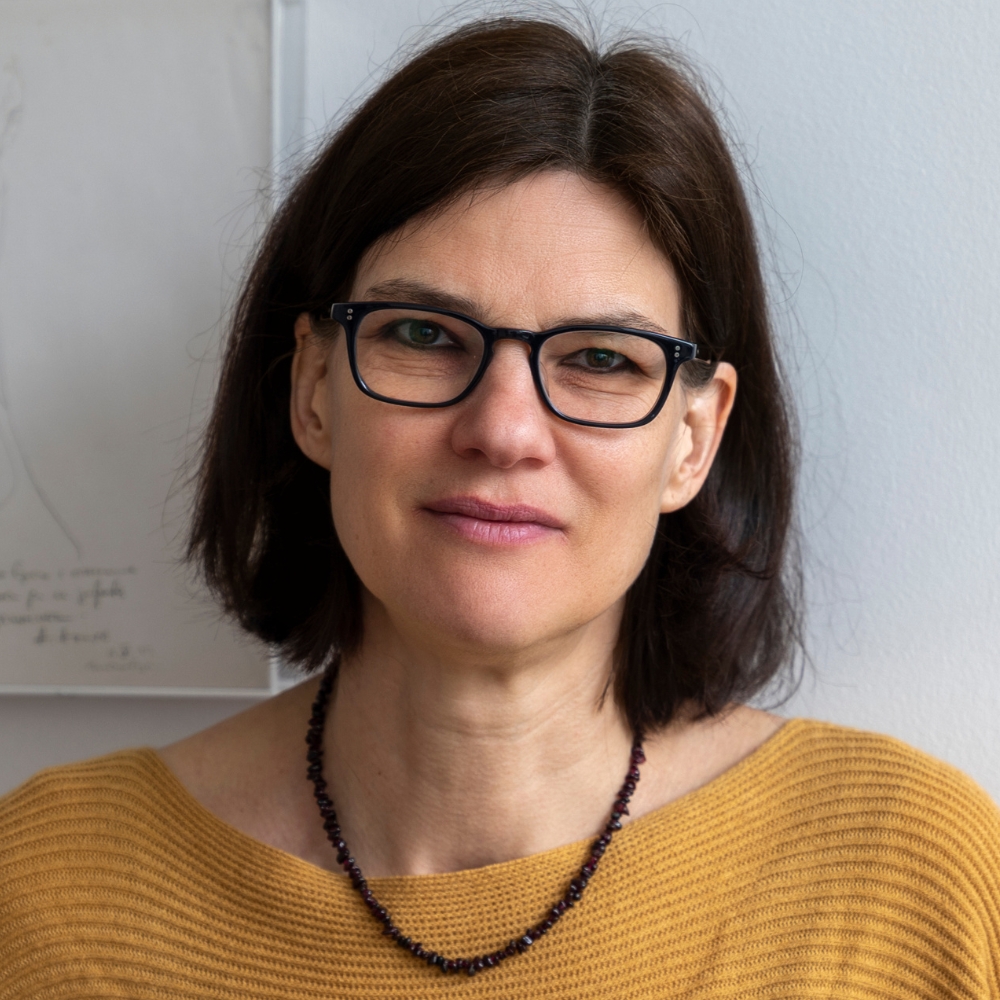This project explores the comparative history of foundling hospitals and residential institutions for babies in twentieth-century Europe and their meaning, then and now.
Foundling hospitals continued to exist well into the twentieth century in many parts of Europe. Moreover, in the early twentieth century, when states began to standardise care previously provided by charitable and religious institutions, the separation of some babies from their families was written into the set-up of a growing number of other institutions and services.
In parts of Europe, residential homes slowly declined after 1945 when welfare agencies and charities began to favour the placement of children in domestic settings, buttressed by new theories which emphasised the trauma of mother-child separations. However, the decline in institutional care did not happen in an even manner. In some countries, children whose lives did not fit the traditional family model, whether for moral or political reasons, were liable to be taken into care. In others, particularly in Eastern and central Europe, institutional care and collective approaches to raising babies were viewed more favourably until the late twentieth century.
The research network has several objectives. Firstly, it draws together a range of scholars from different national contexts to explore these diverse trajectories, examining the contexts that reinforced the role of these institutions as well as the forces that eventually underpinned their disappearance. Secondly, it fosters interdisciplinary dialogue about the representation and memory of residential infant homes, and considers what is, or should be, the role of public history in the memory and history of these institutions. Thirdly, it provides a space for people who have experienced the contemporary care system in England to contribute their personal reflections to the project.
Learn more about this project
Funding
The project is funded by the Arts and Humanities Research Council (AHRC).





/woman-writing-typing-computer-work.jpg?h=250&w=500&crop=1&hash=9DE934BF4A0EE8C888649FC0D0DDCD34)

